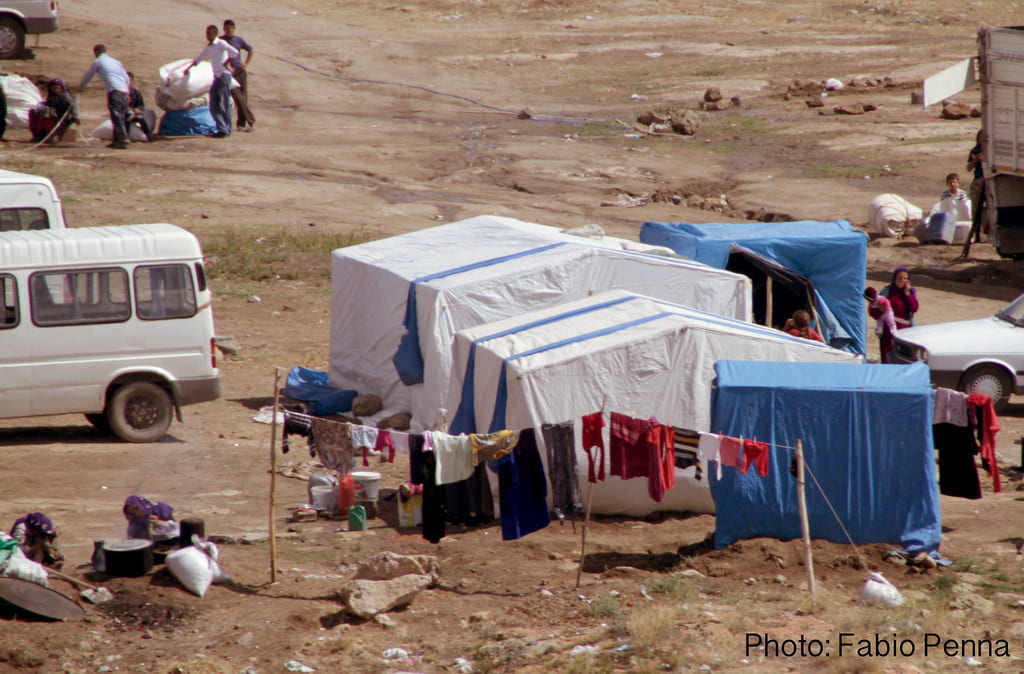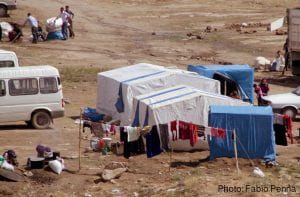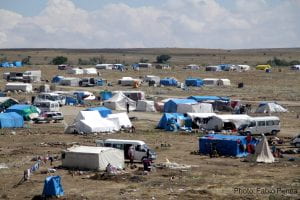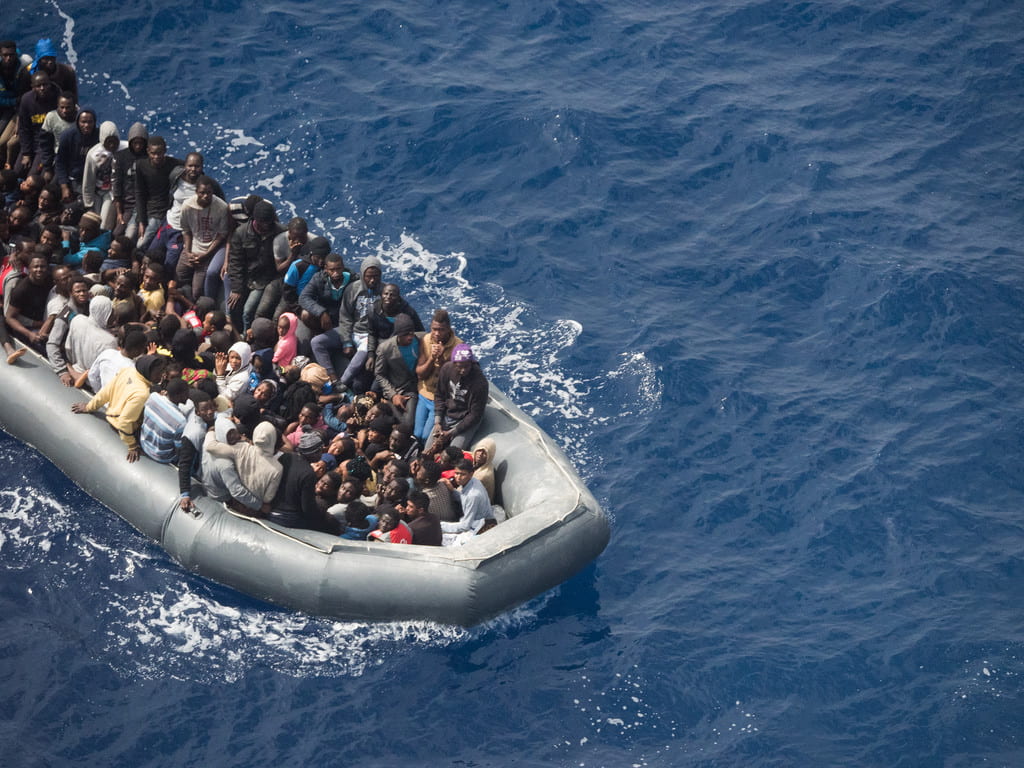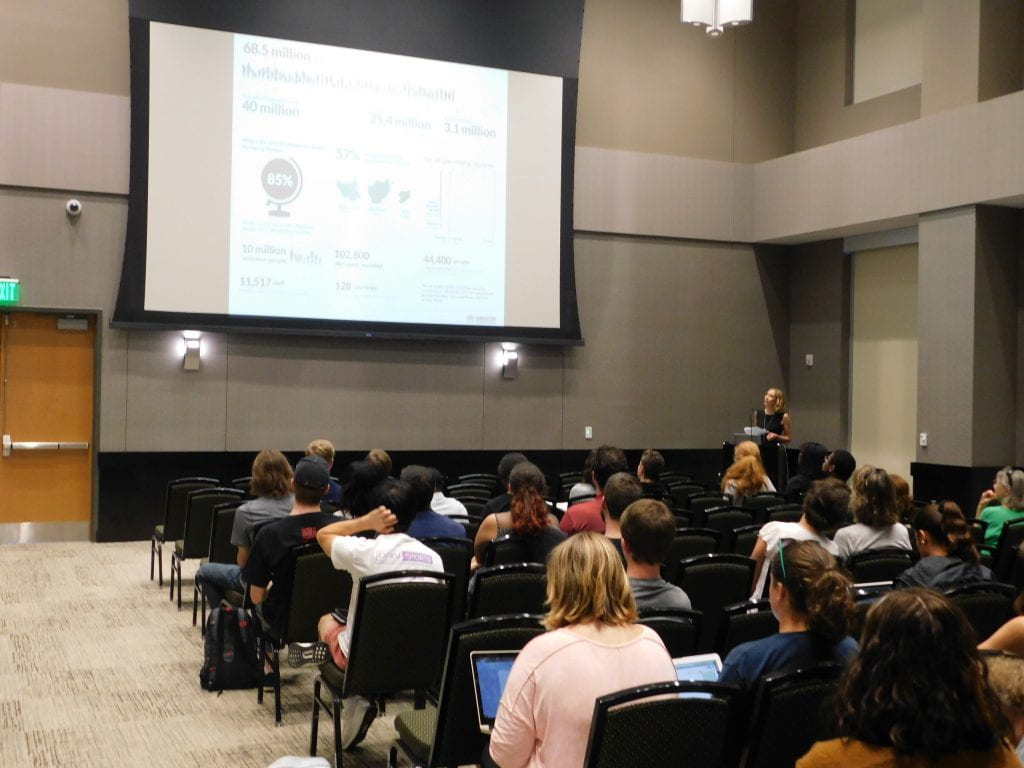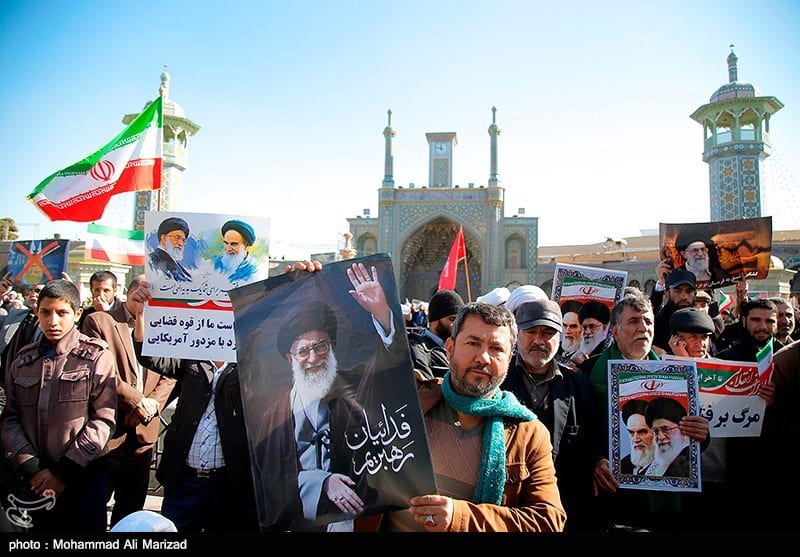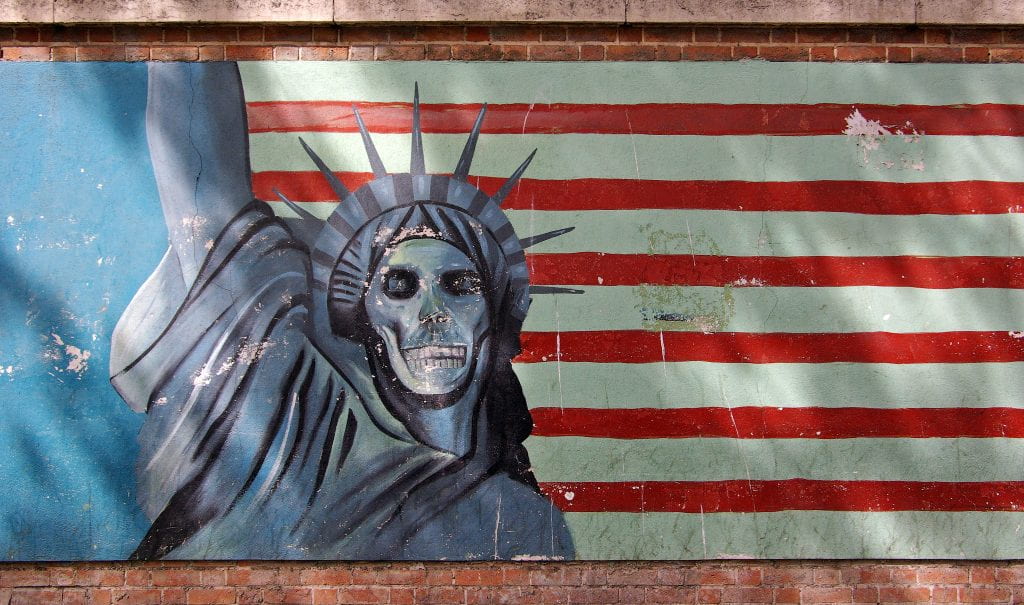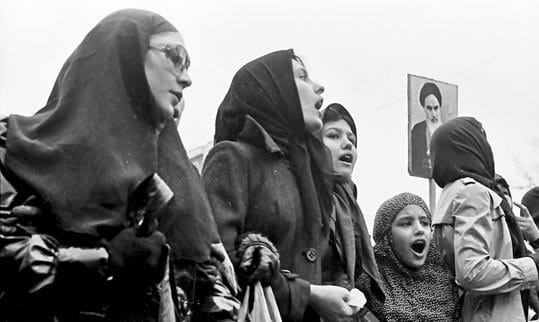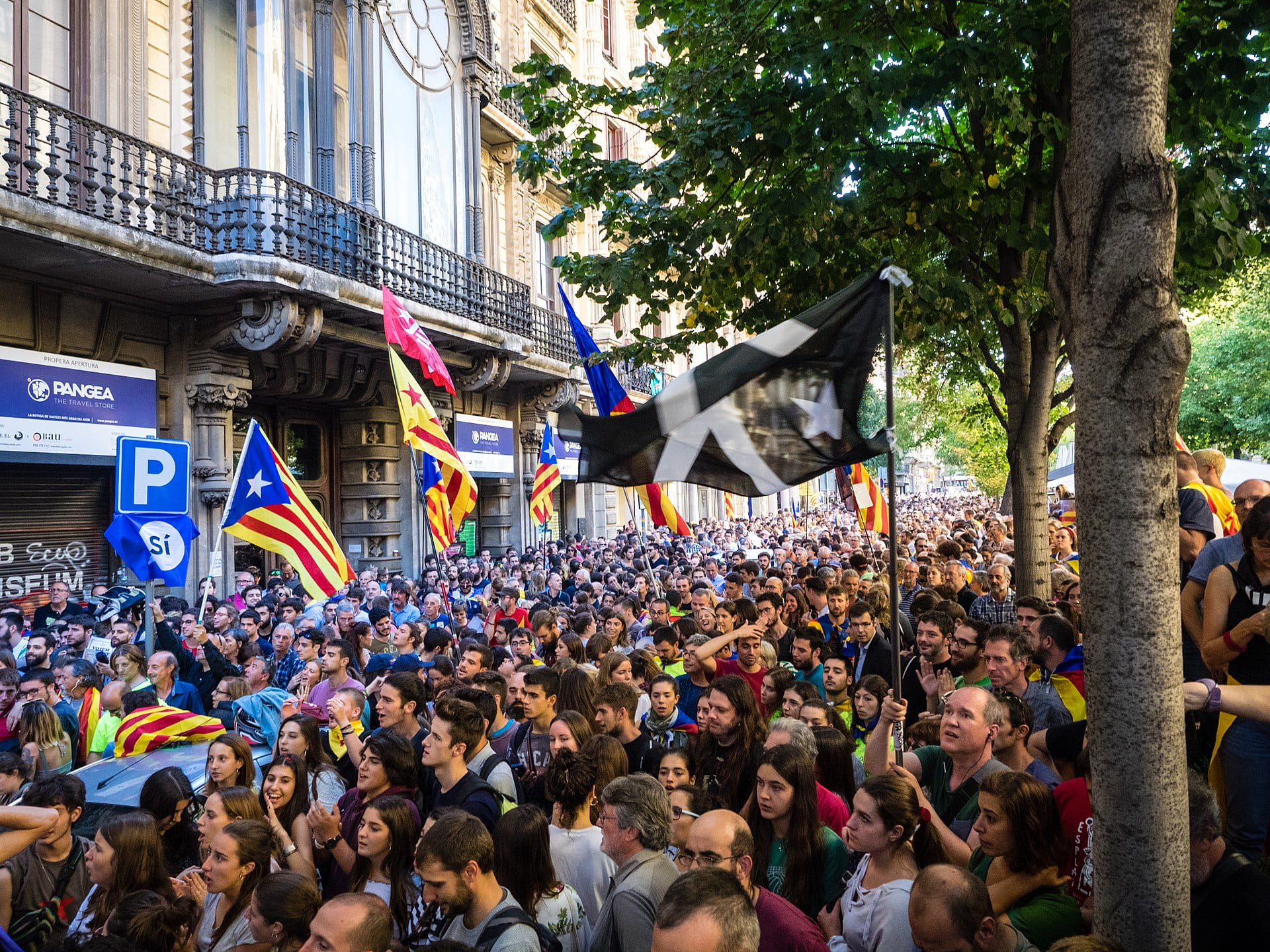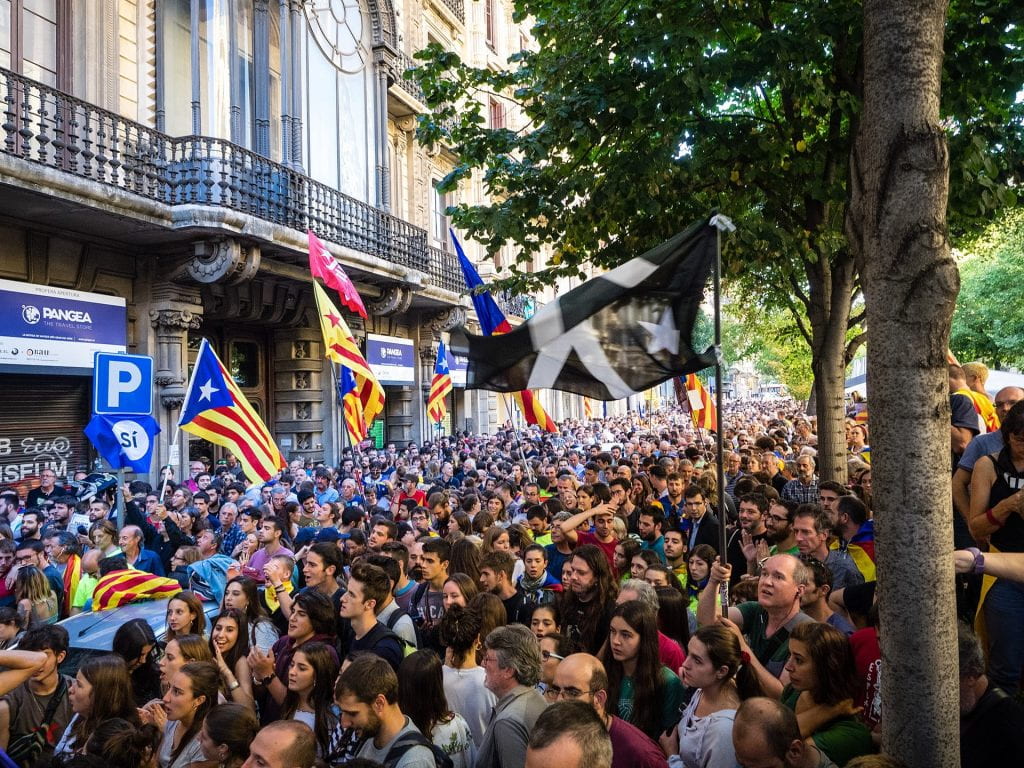Earlier this month, Hungarian Prime Minister Viktor Orban declared that the country would withdraw from the International Criminal Court (ICC), becoming the first European Union member state to pull out of the decades-old global institution. This decision came during Benjamin Netanyahu’s visit to Hungary, where Orban refused to comply with his ICC-mandated responsibility to arrest the Israeli Prime Minister, thus rejecting the legitimacy of the court’s arrest warrants. Though an individual incident, this event is indicative of a global shift away from international institutions, raising concerns regarding the future and authority of the ICC and global organizations as a whole. As numerous countries, the United States included, fight against democratic backsliding, international law is crucial in ensuring democratic standards are upheld, making this withdrawal worth monitoring.

What is the ICC?
The ICC is a permanent international court designed to prosecute political officials and military members following their initiation or continuation of international law violations, specifically targeting perpetrators of genocide, crimes against humanity, war crimes, and crimes of aggression. Unlike the International Court of Justice, the United Nations’ branch that pursues cases between nations, the ICC functions independently from any pre-existing international organization and focuses solely on individual responsibility and perpetration of crimes.
The idea of establishing a court of global accountability originated after World War I; however, the largest push came after World War II and the global outrage surrounding the Holocaust. While an international court had yet to be established, ad hoc tribunals were created, prosecuting Nazi military and political officials. In between then and the court’s creation, other ad hoc tribunals have been organized, such as the International Criminal Tribunal for the Former Yugoslavia and the International Criminal Tribunal for Rwanda. These events popularized the establishment of a permanent, global court. In 1998, the UN General Assembly met in Rome, finalizing a treaty that would then become the Rome Statute, the foundational document of the ICC. 120 countries voted to establish the court, and by 2002, the statute was adopted, gaining the necessary 60 ratifications needed for it to enter into law, thus granting the ICC international legitimacy and authority.
Under the Rome Statute, the ICC is given universal jurisdiction, meaning that perpetrators of international law violations can be tried even if the events occurred in another country. This also grants the court the ability to investigate allegations, with claims being brought to the ICC or based on the suspicions of the institution. If the court finds that an individual has likely played a direct role in the initiation or continuation of a crime outlined by the ICC, an arrest warrant will be issued. As part of ratifying the Rome Statute, member states assume the responsibility to comply with these rulings and are expected to detain those who receive arrest warrants if they enter the nation’s territory. After detention, trials are conducted, and a final ruling is eventually made. Since the court lacks an overarching enforcement mechanism, this organization relies heavily on state compliance to maintain legitimacy. Without this, the ICC loses its prosecutorial power and therefore its purpose.

Why is Hungary’s Withdrawal Important?
Though Hungary’s absence won’t single-handedly undermine the ICC’s functional capacity, it does signify the country’s shift away from global institutions and further descent into authoritarianism. Since Orban took office in 2010, the country has become an “illiberal state,” a term Orban uses with pride. This reality is demonstrated in his views on international institutions. When discussing his reasons for withdrawing, Orban expressed that “Hungary has always been half-hearted” on its commitment to what he stated was the “political court” of the ICC. Furthermore, under his regime, Hungary has isolated itself from the democratic values of the European Union, with Orban having captured public institutions and the formerly independent media. He has undermined judicial independence, creating a government oversight committee that tracks the domestic courts and placing partisan judges in politically important positions. Orban has also been consistent in his support of Vladimir Putin, criticizing EU-imposed sanctions on Russia and openly condemning support for Ukraine. These actions have ultimately isolated the country from the Union and its foundational values, thus undermining the EU’s efforts to foster a unified Europe.
Hungary’s rejection of the ICC is also representative of the current global climate, as there has been an international decrease in support for global institutions. Since the issuance of Netanyahu’s arrest warrant, several countries, such as Belgium, Germany, and France, have remained unclear as to whether they would comply with ICC orders, disregarding their responsibility as set out under the Rome Statute. Similarly, Europe has seen a rise in Euroscepticism, or a distrust in the authority of the European Union. This perspective has pervaded several powerful political parties throughout Europe, such as the Alternative for Germany Party in Germany, the Freedom Party in Austria, the Law and Justice Party in Poland, and the Georgian Dream Party in Georgia. These parties have openly criticized the authority granted to the EU and the need for sovereign countries to align their policies with an overarching institution. Meanwhile, numerous countries are reverting to conservative, traditional cultural and political norms, further increasing hesitancy toward a liberal international order that advocates for equality and progressive policies.
This shift is not unique to Europe, as the United States has also been open in its rejection of the ICC and other international institutions. Recently, the Trump administration has placed sanctions on ICC officials, signifying distrust in the court. Furthermore, the US has withdrawn from the Paris Climate Agreement, the World Health Organization, and certain branches of the United Nations. With one of the world’s hegemonic powers withdrawing and delegitimizing international institutions, it is understandable why this perspective has been normalized on a global scale.

The Case for International Law and the ICC
While many argue that international law and institutions violate a country’s sovereignty, the reality is that this relinquishment can be viewed as necessary to ensure long-term stability. Historically, nations have been seen as fully autonomous, lacking international institutions to follow; however, this autonomy allows countries to encroach on the rights of others, whether domestically or internationally, thus creating instability that jeopardizes the rights and safety of individuals. By surrendering some control over an independent nation to an international body, sovereignty can be enhanced. For example, by allowing international policy to dictate environmental policy, sovereignty could be strengthened by enabling countries to live without fear of climate-related destruction. In the case of the ICC, by granting a global court the authority to enforce international law, egregious behavior can face punishment, hopefully deterring these actions and thus providing greater long-term stability. In other words, relinquishing some domestic power to an international agency can enhance aspects of sovereignty as countries can live without fear of external encroachment on their rights. So, while international law might not yet be perfect, there is an argument to be made that it is worth attempting to fix rather than rejecting it altogether.
Conclusion
Hungary’s withdrawal from the ICC is representative of a broader shift away from the modern-age liberal order. Though its absence won’t directly interfere with the court’s ability to try violators of international law, it does bring into question the future of the ICC and other international institutions, as numerous countries, both within the EU and beyond, see a decline in their support of democratic values and global organizations. However, not all hope is lost; if current member states can uphold their commitments to the Rome Statute, the ICC can remain a powerful authority and deterrent against committing egregious crimes. In doing so, trust in the ICC can be consolidated, ensuring it and other global organizations play a role in the future of international politics. Because of this potential, international law remains a cause worth advocating for, as it can help ensure long-term stability during a time of global uncertainty.









